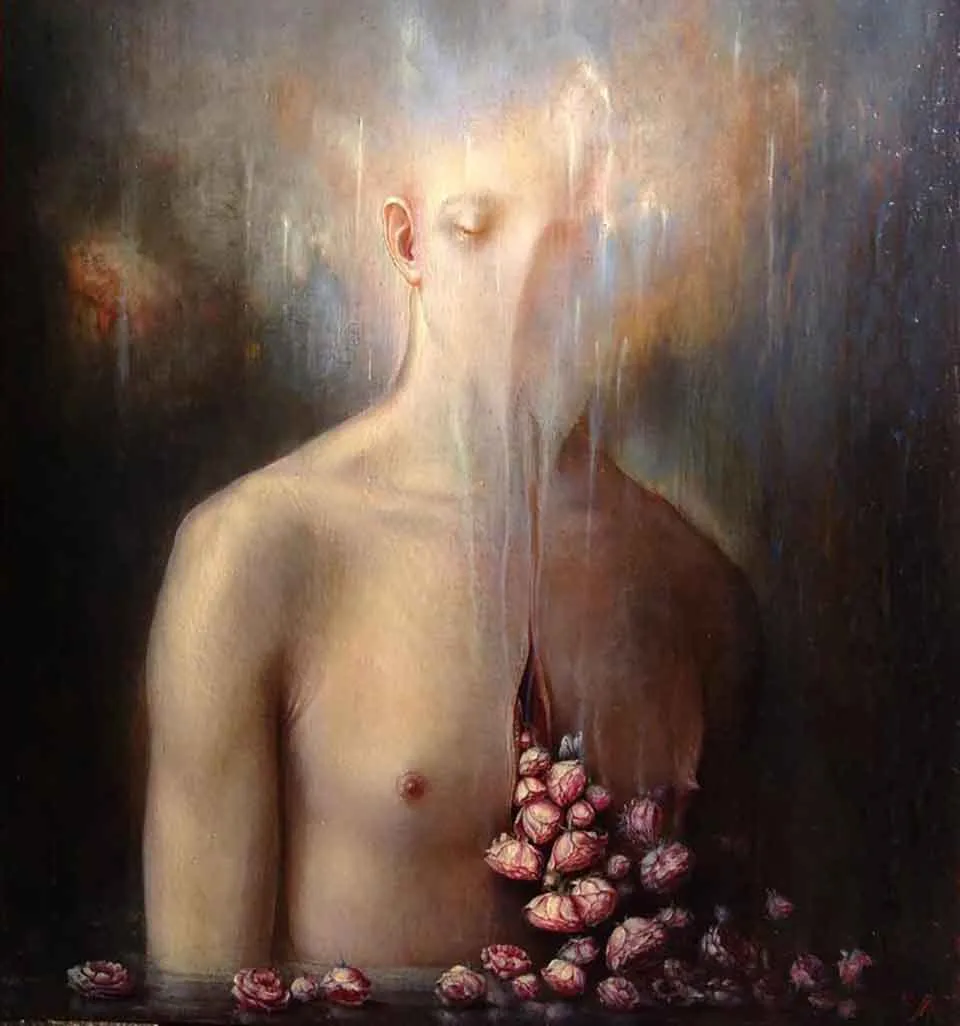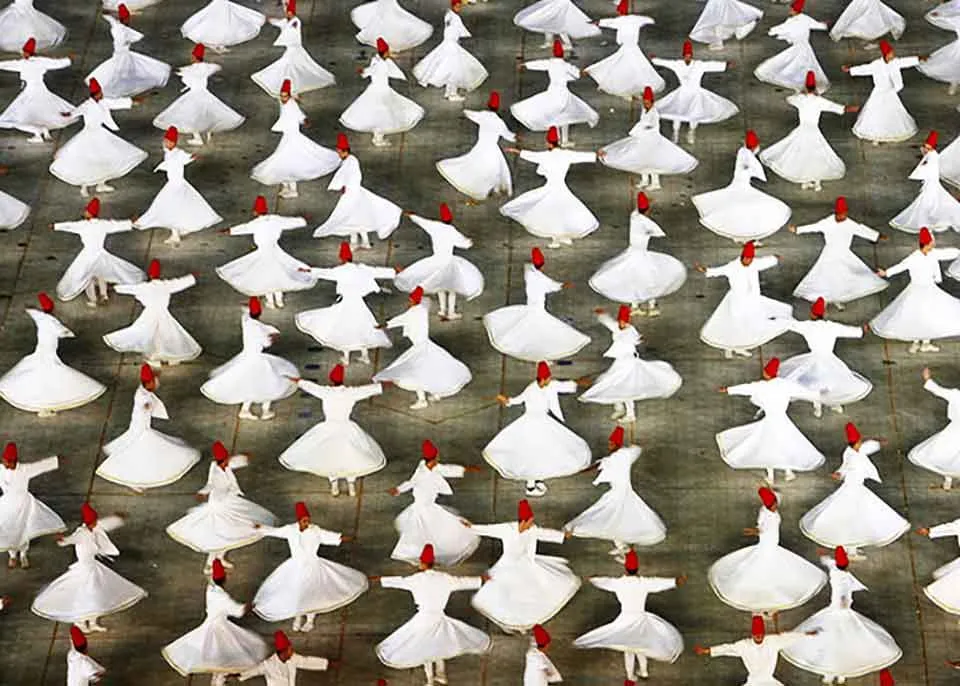
It is remarkable during this historical moment of Islamophobic panic in the United States, that a thirteenth-century Sufi mystic, Mawlana Jalāl ad-Dīn Muhammad Balkhi (simple known as Rumi in the West), is not only a best-selling poet but the most popular poet in the US!
This is doubly interesting, since Rumi was also a refugee who lived in a turbulent time of religious persecution, not entirely dissimilar from our own. For the millions who appreciate Rumi’s poetry, there is a missed opportunity to better understand the Arabic/Persian traditions that produced him as well as the Muslim holy book, the Quran, that is fertile soil for Rumi’s soul and art.
Wildly popular, English-language translators of Muslim mystic poets, like Rumi and Hafiz, have not exactly been faithful to the text. Often times, they do not even speak the native language they are translating from. Yet their renderings/versions of the original text go on to become best-sellers and misrepresent to masses the poet/mystic they have presumably 'translated'.
Yet, isn’t this another form of (insidious?) Islamophobia, given Rumi’s current stature in popular culture, that the appreciation of his art should come at the expense of erasure of Islam from his work—as though this beloved, spiritual poet is only palatable to the public if entirely dissociated from the faith of Islam?
Yet, the fault lies not entirely those overeager, ambitious translators, even if they lack the integrity, and discipline to admit they are, merely, students who do not truly represent their masters.
The real fault is with a culture, at large, that is uninformed, undiscerning, cynical and lazy, looking for quick fixes —preferring copies to masterpieces.
To state the obvious, mystics are deeply rooted in a faith tradition and, whether poets or not, these ecstatic believers view their work as an extended love letter addressed to the Divine.

One cannot ridicule religion, and not believe in G_d yet at the same time expect to have any kind of profound understanding of such elevated material.
The Rumi that people love is very beautiful in English, and the price you pay is to cut the culture and religion, says Jawid Mojaddedi, renown Rumi expert.
Omid Safi, an Iranian-American professor who specializes in Muslim thought, confirms this:
I see a type of 'spiritual colonialism' at work here; bypassing, erasing, and occupying a spiritual landscape that has been lived and breathed and internalized by Muslims from Bosnia and Istanbul to Konya and Iran to Central and South Asia...
We live in confusing times, where Islam and its practitioners need their friends. Sufism, generally speaking, remains relatively untarnished in the public imagination. But What is Sufism to Islam? a friend asked me one day.
The short answer is that it is its mystical branch. Books, of course, can be composed on this inexhaustible subject, and many have. But, I think it’s safe to say that Sufism is the heart of Islam. It is both the husk and flower of the faith.
Yes, mysticism is not for everyone. One must crawl, first, before they can fly—hence the suspicion ecstatics provoke, in those who do not soar (even within the faith itself). Sufism, in turn, is the (open) secret of Islam, the poetry and beauty, when you’ve boiled everything else away (dogma, etc.).
On a personal note, I did not imagine that I, a recovering existentialist, would find myself one day slipping through the back door of Islam.
Yet, led by an abiding longing, I crawled like a refugee to Sufism, for succor and inspiration. To paraphrase Rumi, I let myself be silently drawn by the strange pull of what I Love, and it did not lead me astray.🙏🏽✨
Art:
1: Zakaria Wakrim
2: Agostino Arrivabene
[3: Public Domain]

